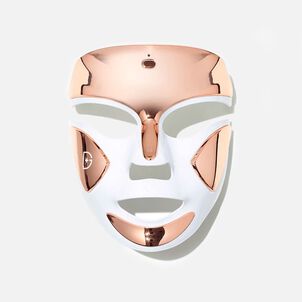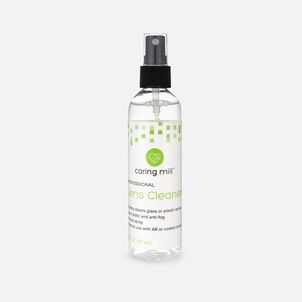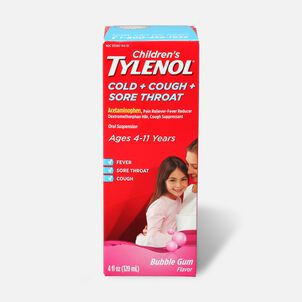Despite all of the articles on saving and investing HSAs in our Learning Center, most of the discussion surrounding HSAs has to do with spending. People are primarily concerned with how to access their funds, how to reimburse themselves for medical costs and what kinds of expenses are HSA-eligible. In fact, research shows that 96% of people spend the money in their HSA rather than saving it.
But HSA doesn't stand for health spending account. It's a powerful savings tool that can yield enormous benefits when used judiciously. Of course, you should use these funds whenever needed, but if you regularly empty your HSA account, read on to learn about alternatives that might benefit you more down the line.

Why you might want to spend HSA money...
When I opened my first HSA, my employer contributed $80 to it every month. The amount was enough to cover all of my medical bills for the year. I was only making $30,000 at the time, so every dollar was precious. If I had a surplus in my account, I would use the money to update my glasses prescription, get a few months ahead on my contacts or finally see my dermatologist. When I left that job, I only had $100 left in my HSA.
The reason why people spend all their HSA money is pretty straightforward - they just need it. If you currently have an HSA, it means you have a high-deductible plan with large out-of-pocket expenses. A simple office visit can cost $80, and extensive labs can run thousands of dollars. Many people can't afford to pay those fees without tapping into their HSA.
Why you might want to wait and save...
If you don't need to use your HSA for medical expenses right now, consider putting that money to good use. Customers who have more than the set investment threshold (which could be as much as $2,000 or more) in their HSA can invest the money in an ETF or mutual fund. That money will grow tax-free and any earnings can be used for qualified medical expenses.
An HSA invested in the stock market could see significant returns if properly diversified and left to compound for several decades. Savvy investors use an HSA as a bonus retirement account when they've already maxed out their IRAs and 401(k)s. The current annual contribution limit for HSAs is $4,150 for individuals and $8,300 for families (2024).
Medical expenses tend to rise with age, which is another good reason to hold off on spending away your HSA funds if at all possible. As we age, health problems become more frequent and more severe, necessitating more doctor's visits, more prescriptions and more tests. A healthy 30 year-old will probably go to the doctor one or two times a year, but a senior citizen will probably need more frequent check-ups.
Achieving balance…
All this said, like many accounts, the trick for HSA success is achieving balance -- save when you can, spend when you need. Remember, these tax-free funds are there to promote long-term health.
As an example, other than for health insurance premiums, you can use your HSA for almost anything medical. Here's a brief list:
- Prescription medications
- Doctor's appointments
- Labs
- Surgery (excluding cosmetic surgery)
- Chiropractors
- Over-the-counter medicines
- Feminine care products
- Diabetes supplies
- Vision expenses, including glasses and contacts
- Hearing aids
If you're 65 or older you can withdraw money from an HSA for any reason without paying an extra penalty.
If you set aside more to cover everyday, out-of-pocket medical expenses -- the spending you'd do anyway -- then you'll increase your tax benefits, and be able to make the most of your funds. By achieving this balance, saving more to spend on things you need, the more you'll save in the long term!

.png)
















